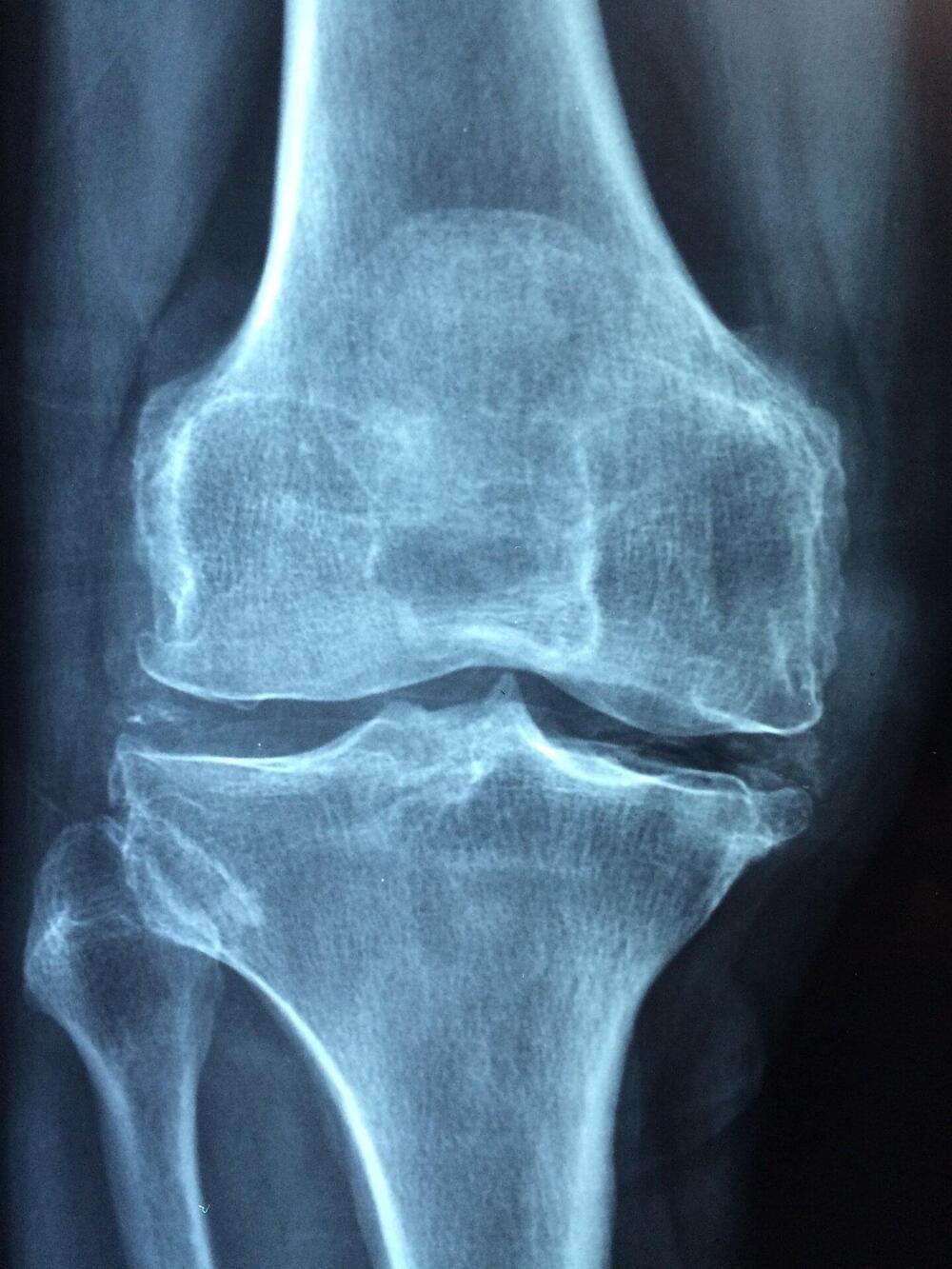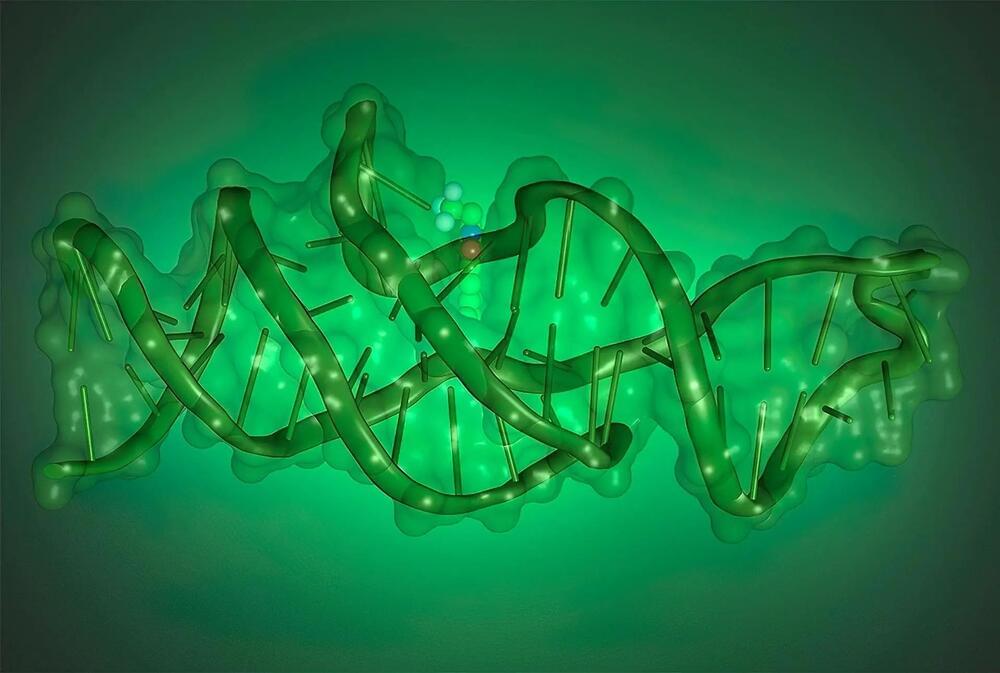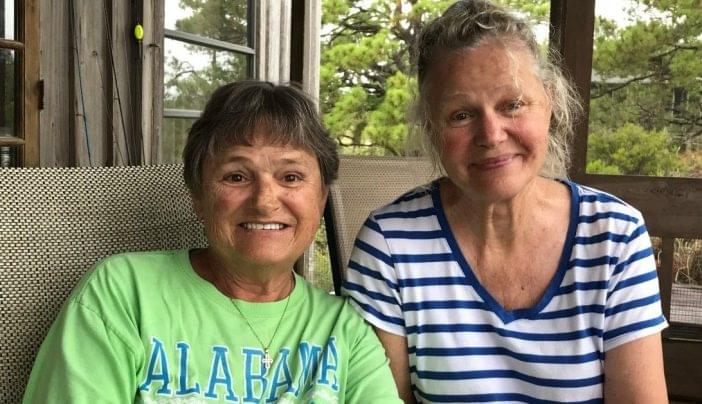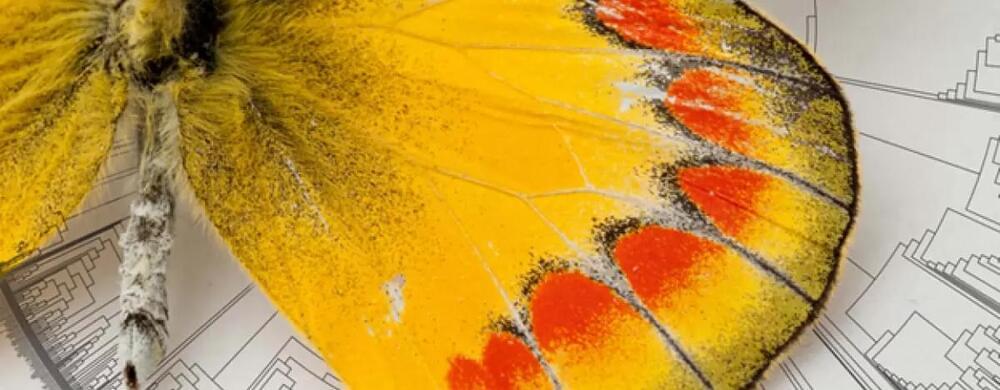The field of bone implants has taken incredible strides thanks to technological innovations that allow for stronger grafts that are easier to install. Yet even with these advances, there are still risks involved in such procedures. Implants can be loosened following operations, for example, which can lead to costly surgical revisions that lengthen the recovery process for patients.
New research published in Nature Biomedical Engineering from an interdisciplinary team from Northwestern Engineering’s Center for Advanced Regenerative Engineering (CARE) and Center for Physical Genomics and Engineering (CPGE) could reduce the likelihood of these painful, expensive complications.
Working at the convergence of the physical sciences, biology, surgery, and engineering, the investigators introduced the concept of surface topography-induced chromatin engineering. In a collaboration with The University of Chicago’s Russell R. Reid, MD, Ph.D., and Tong-Chuan He, MD, Ph.D., the team explained how and why to use surfaces to change patterns, validating the method in vivo.






